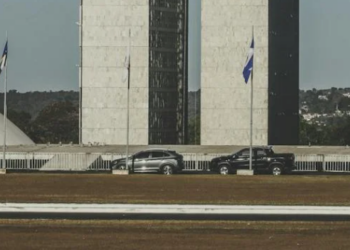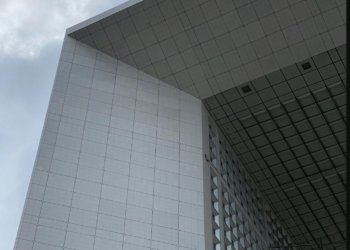by PublicABCP
Translated and reviewed by Matheus Lucas Hebling
The article Outsiders: a concept difficult to operationalize in Political Science, written by Roberta Picussa, PhD in Political Science from the Federal University of Paraná (UFPR), delves into a growing phenomenon in contemporary politics: the emergence of political outsiders. These actors, often rising to prominence outside traditional party structures, have become increasingly visible in countries such as Brazil, the United States, and across Europe and Latin America.
Despite the term’s widespread use, Picussa argues that it remains imprecisely defined in both academic and media discourse. Her study addresses this gap by proposing clearer criteria for identifying and analyzing these political figures.
The main objective of the article is to conduct a scoping review of the concept of the political outsider, assessing how it is treated in academic literature and its applicability to both executive and legislative positions. For this, the author reviewed 30 articles selected through searches in databases such as Web of Science, Scopus, and SciELO Brazil. The review focused on identifying the most frequently cited characteristics in the literature and synthesizing the core dimensions that define political outsiders.
The study outlines three key dimensions for characterizing a political outsider. The partisan dimension examines whether the politician emerged from within traditional parties or is affiliated with new or nontraditional political organizations. The discursive dimension evaluates the presence of anti-establishment rhetoric, often used to critique existing political systems. The professional dimension considers the candidate’s prior experience within institutional politics or public administration. While the concept is most often applied to presidential elections, the study notes that its use in legislative contexts presents significant methodological challenges—with only two of the analyzed articles addressing this scenario.
Picussa’s article contributes to Political Science by organizing the main variables used to define outsiders and highlighting important gaps in the existing literature. One of these is the lack of studies focusing on legislative outsiders, as most research centers on presidential races. The indiscriminate use of the term in scholarly work also underscores the need for greater conceptual clarity.
The article also discusses the challenge of gauging how much specific variables—such as novelty in politics or anti-establishment discourse—influence the popularity of outsider candidates. It points out that even long-time political figures, like Jair Bolsonaro, can successfully mobilize outsider narratives.
While reinforcing the relevance of the political outsider concept, the article also emphasizes its complexity and the difficulties of applying it consistently. Picussa proposes that future research should develop more precise tools, such as scales that can measure the degree of “outsiderness” of a political actor. This approach could be applied to both executive and legislative contexts, expanding the scope of analysis. In doing so, the study lays the groundwork for a more nuanced understanding of this phenomenon and contributes to the broader debate on changes in political elite profiles.
About the Author
Roberta Picussa holds a PhD in Political Science from the Federal University of Paraná (UFPR). She currently serves as an Advisor to the President’s Office of the Legislative Assembly of Paraná and as the Academic Coordinator of the Legislative School.
Publication Details
Title: Outsiders: a concept difficult to operationalize in Political Science
Author: Roberta Picussa
Publication Year: 2023
Read in: Revista de Sociologia e Política, Issue 31








